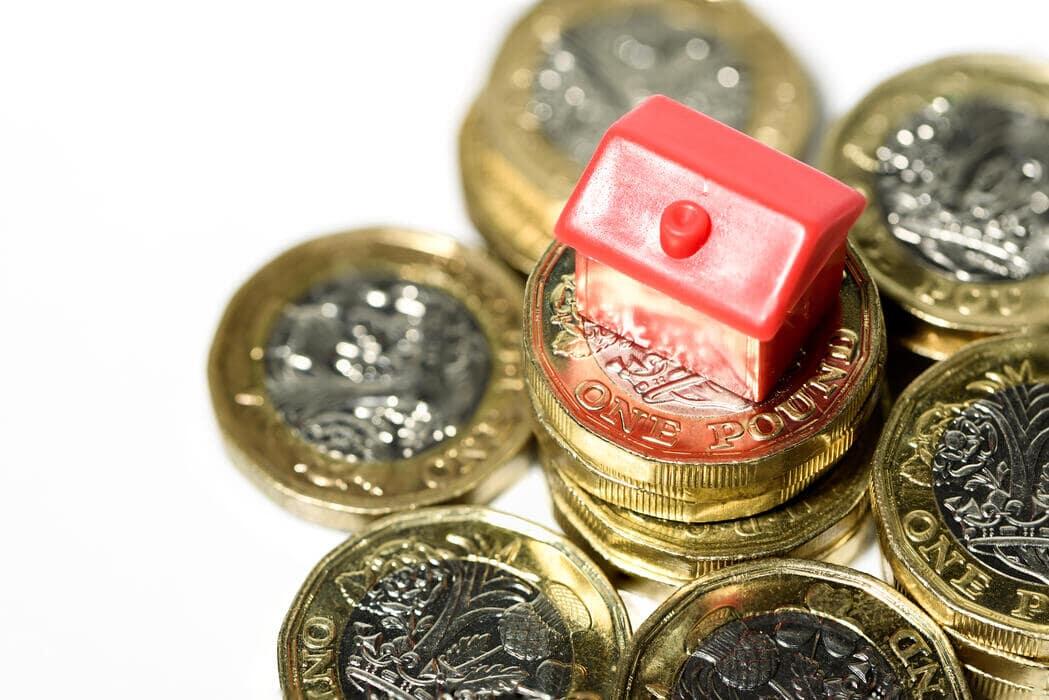Why and How to Save Money for those Rainy Days
Posted 19th February, 2019
Life’s Up’s and Downs
If there’s one thing we all know and agree on, it’s how expensive life is! It’s a constant cost with something new arising each and every month. One week your car needs its MOT, the next it's a new school uniform, the list just keeps going on!
Setting up a budget using your monthly income and outgoings is one thing; however, we all know you can never properly predict what’s around the corner and how you are going to afford it. Though, as hard as it may sound, saving something for a rainy day is the best way to ensure you stay afloat and overcome the risk or sinking into debt. The last thing you want to do it spend your life chasing debts and loan instalments.
Why Is Saving Necessary?
While there may be many reasons as why not to save money, especially if you struggle to pay your bills month to month, everyone has to start somewhere!
Financial situations tend to get better over time and as you get older, but like it or not, saving money is the first step to financial competence and freedom. Whenever you feel you are lacking the motivation to save, think about the benefits you can enjoy with savings at hand. You get peace of mind, possibility of influencing your own destiny, and of course it gives you the breathing space and a fallback plan in case circumstances out of your control change for the worse!
Tips and Hacks on Making Saving Easy
Use cash where you can – Okay, so nowadays it's easier said than done. Obviously, your main monthly outgoings like rent, council tax, and your energy bills need to be through card payments and direct debits. However, research shows that if you pay what you can in cash you tend to save more. This is because you are more likely to watch what you are spending and be less wasteful.
Opt for preparing your own dinners (& coffee!) - cutting back on dine outs and takeaways actually lowers the burden on your monthly food expense by to up to 30%. If you can’t completely drop it, limit it to once a week, gradually taking it down to twice or once a month.
Shun your brands – Believe it or not, but popular surveys reveal that generic store brands can easily replace well-known brands, people simply cannot differentiate between a £5 black t-shirt from H&M and one costing £40 from Reiss. Besides saving you hundreds of pounds annually you can still look and feel great. If you do like a brand however, ASOS has a constant clearance section where designer clothes can be up-to 90% off.
Turn off all electric items not in use – a kitchen or bathroom light switched on at your place may not seem to contribute much, but in the long run, it does contribute to a higher electricity bill. Try to utilize sunlight as much as possible and only switch those lights on when needed. Also, have your energy provider fit a next generation smart meter. When you can see what you are spending on you soon get in the habit of cutting back on those major appliances that use the most energy.
For more fun money saving ideas click here
How Much Should I Save?
There is no set limit of how much you should save for an emergency. It really is dependent on factors such as your income, outgoings, instalment loans repayments, and other debts etc... Experts agree that based on your monthly expenses, an amount equivalent to three to six months’ worth of expenses is an ideal starting point.
However, we believe getting starting with savings should be realistic! Don’t aim for how much in total you should save, rather focus on how much savings you can pull out of your total monthly income. Setting targets can sometimes discourage people from saving, especially if earnings are limited. The best way to save is to do your best and save a fixed amount every month. You will be surprised on how much you can save doing almost nothing at all! Let’s say you have a disposable income of £500 on paper, although we know this won’t result in £500 of excess cash a month due to life’s never ending costs – try putting £150 aside straight away.
Should I Save, or Should I Clear My Debts?
Getting caught between whether to clear your debts or to save, is a battle all of us have engaged in. While paying debts in some cases is the obvious choice, this is not true for everyone! Not having a savings account to fall back to, only leaves you in a revolving door situation, with you taking on more debt and paying instalments on loans for even longer than before.
A simple rule to follow is, if you have high-interest loans, and credit cards, pay them first or they may spiral out of control. If your debt is at a low-interest rate, pay your minimum accrued amount and put the excess in a high rate savings account that earns your more than the interest you are paying on your low interest loan. The most intelligent way to decide between paying debts or saving for a rainy day, is to compare which one keeps more cash in your pocket.
When Should I Use My Savings?
Not everything in life goes according to plan, and tough times can really run into you when least expected. It can be hard to decide on how tough things ought to be for you to dip into your emergency savings?
We believe that emergency savings should be restricted to medical emergencies, unexpected bills, family emergencies, major repairs and of course, the worst scenario, losing your job! These savings are targeted towards restraining you from acquiring more loans to cover up a present expense. Any sudden expense, spending on which is unavoidable and can leave you paying additional loan instalments in future, signals it's time to tap the savings account.
Where Should I Put My Savings?
The best advise we can give you is to open a tax-free ISA account. Besides paying comparatively good interests rates, the account can be accessed whenever needed. Also, you can link the ISA account and your current account together and set up a standing order for the set amount every time you get paid your wages. If you are feeling extra brave you may even want to think about putting a portion of your savings into the stock. market. if it was me, I would open an H&L account and buy a few shares or funds. Tech stocks like Amazon and Apple have taken a pounding recently so a fund like 'Janus Henderson Global Technology' may be a decent punt.
Through dedicating a small amount from your income to an ISA or investment account, in no time at all, you will be surprised to see how much you have saved!
